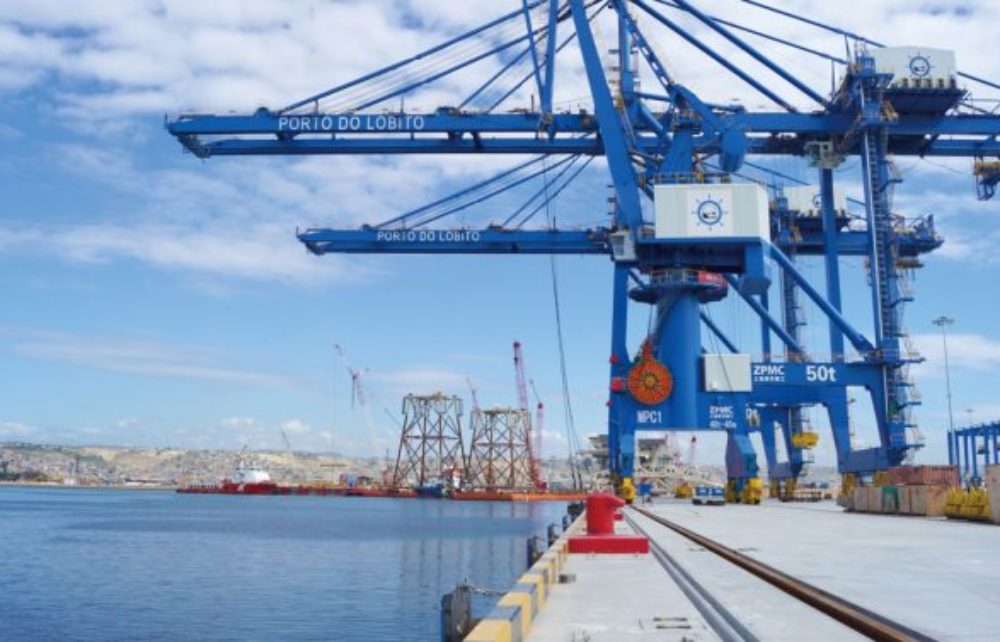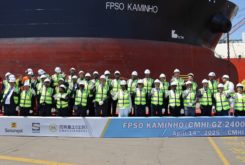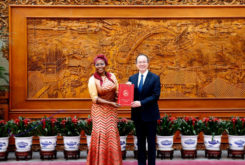Angola wants more chinese investment in agriculture, fisheries, industry, tourism and oil. According to its ambassador to Beijing, the country is also aiming for Belt and Road support for a trans-continental transport project.
In an interview with Chinese television station CECTV, and speaking about the Belt and Road initiative, João Salvador Neto said that Angola has a set of road, rail and sea projects, at the sub-regional level, that enable further development and cooperation between SADC countries.
These projects, the diplomat addded, can increase the impactof China´s Belt and Road initiative in Angola and all the countries of the sub-region.
From a bilateral point of view, he explained, there a major project is the use of the Lobito Corridor, to be developed by a consortium that includes Chinese and foreign companies.
The project, he added, aims to take advantage of all the resources existing along the Lobito Corridor, which runs from the Lobito port area, to Mozambique, and includes the construction of a large-scale petrochemical industry.
In 2019, Chinese ambassador Gong Tao visited the Port do Lobito and Benguela Railway, and underlined the importance of the corridor, stressing that goods and raw materials produced in the interior of Angola and in neighboring countries, such as DRC and Zambia, can use it to reach the international market, including China.
“I’m interested in promoting commercial cooperation between Chinese companies and Angolan partners”, stressed the Chinese diplomat. There is a “very bright perspective of future partnerships, because we have different advantages, we can take advantage and have common development”, he added.
According to Angolan press, China Harbor Engineearing Corporation, responsible for the requalification of Porto do Lobito, in 2013, COSCO and Sinotrans, for logistics, were interested in the Lobito Corridor.
In its interview with CECTV, Angolan ambassador João Salvador dos Santos Neto said that Angola has an “immensity of resources” that deserve to be explored for the diversification of the economy, so that it can stop being solely dependent on oil.




